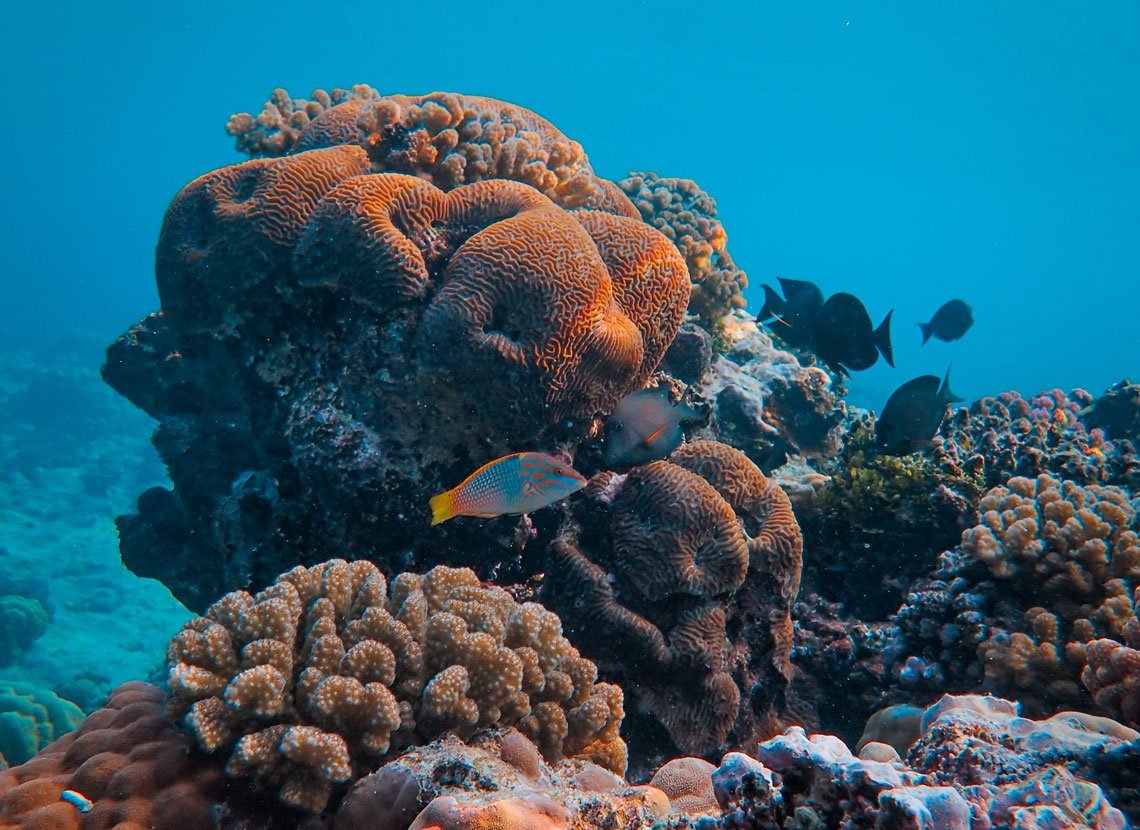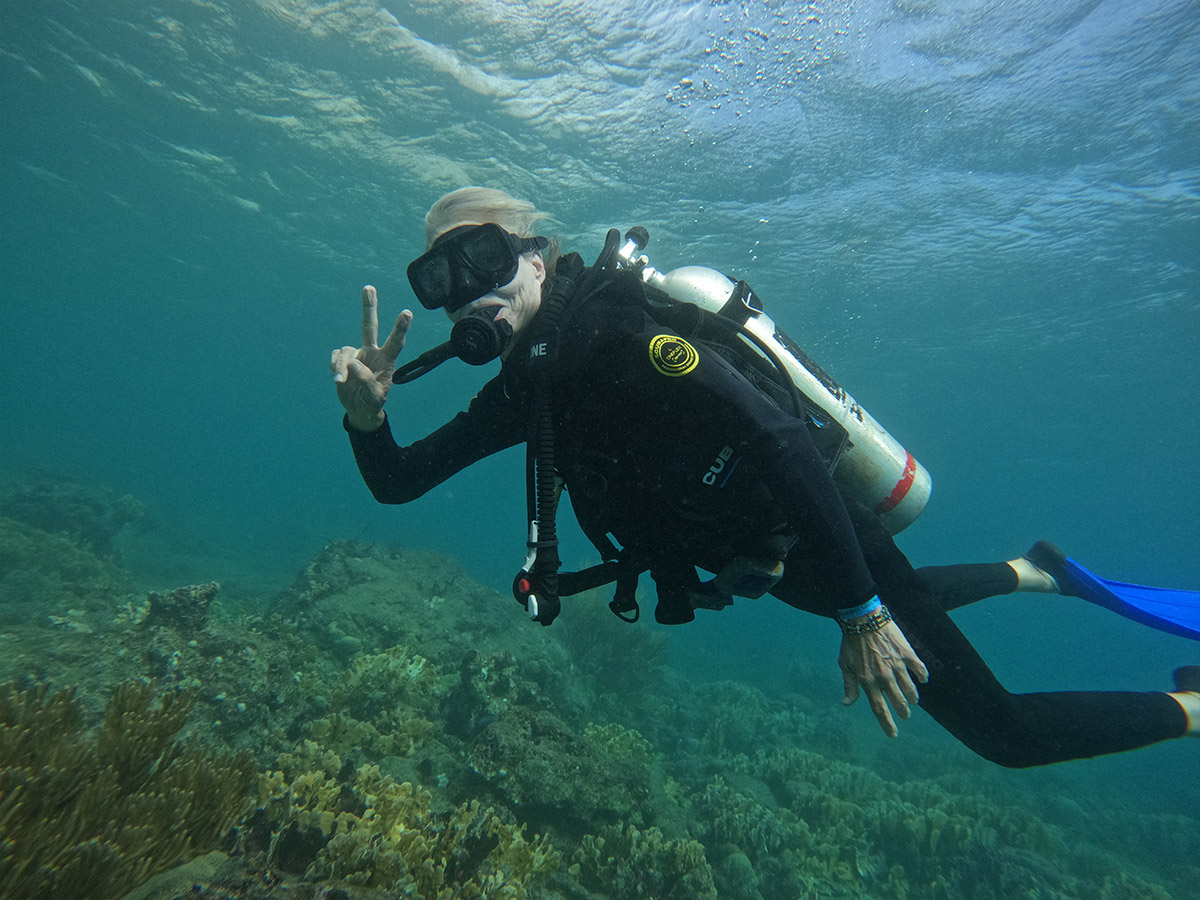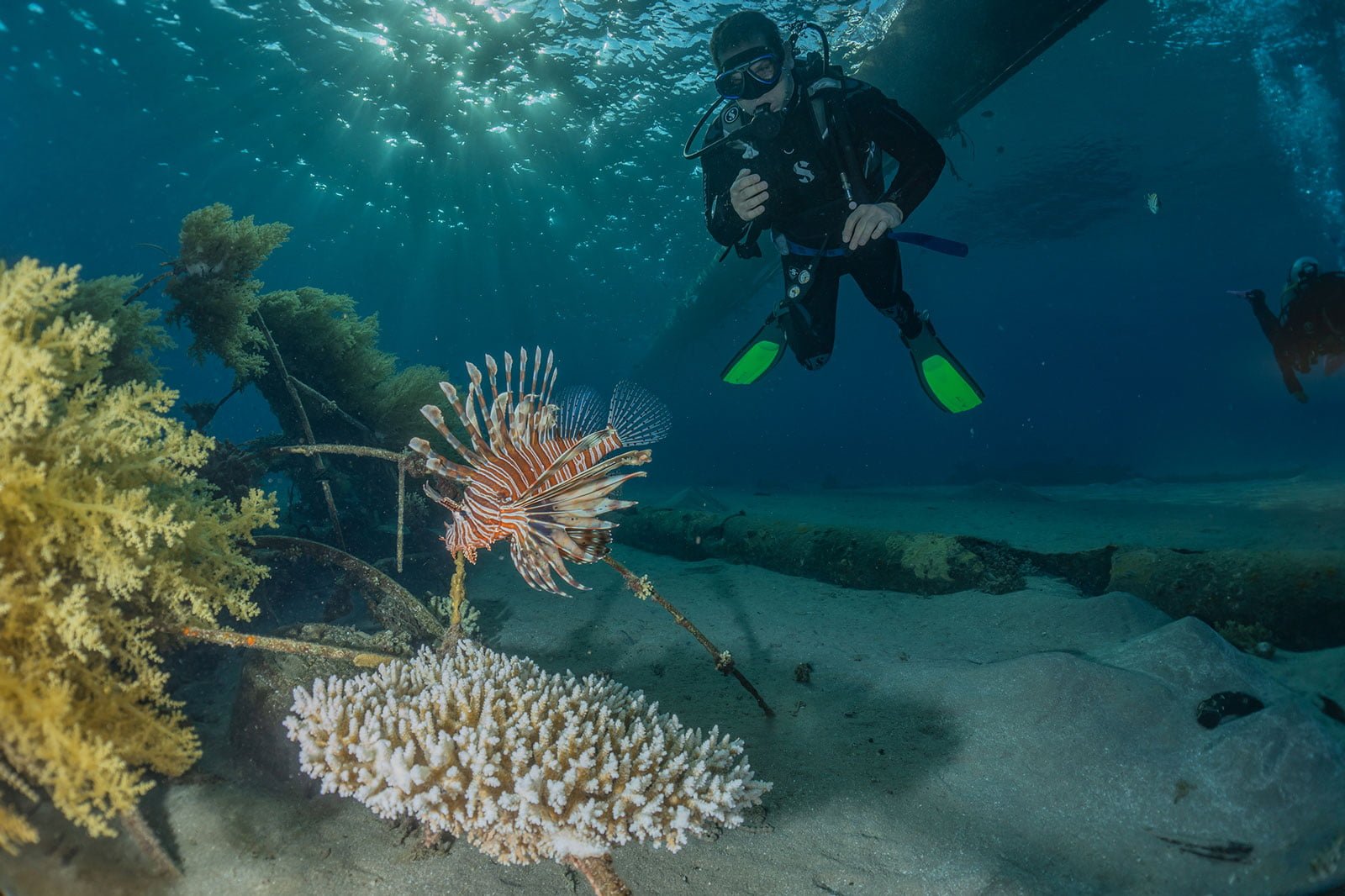Corals are fascinating marine organisms and vital to the health of our oceans. These tiny creatures build massive, colorful structures known as coral reefs, which are home to incredible biodiversity and play a crucial role in balancing marine ecosystems.
Although corals may look like plants, they are actually animals. They are made up of colonies of polyps, small organisms with tentacles that capture plankton and other nutrients from the water. As polyps grow and reproduce, they secrete calcium carbonate, which contributes to the formation of coral reefs.
Corals are known for their spectacular variety of colors and shapes. From brain coral to fire coral, each species has unique characteristics. In addition to their aesthetic beauty, coral reefs are home to numerous marine species, including fish, crustaceans, and mollusks. They are true oases of life in the ocean.
However, corals face significant challenges today. Climate change, pollution, ocean acidification and destructive fishing are some of the threats that endanger their survival. Coral bleaching, caused by environmental stress, has been a devastating phenomenon in recent years, resulting in massive coral loss around the world.
Coral conservation is crucial to protect the health of the oceans and ensure their long-term survival. Various strategies have been implemented, such as the creation of marine protected areas, environmental education, and the promotion of sustainable diving and fishing practices.
We can all contribute to the protection of corals. From reducing our plastic consumption to supporting marine conservation organizations and projects, every action counts. It is also important to learn about corals and share knowledge with others, raising awareness of their importance and the need to preserve them.
In conclusion, corals are marine treasures that we must protect. Its beauty and diversity are a reminder of the richness of our oceans. Through joint efforts, we can ensure that these colorful jewels continue to exist for future generations and continue to play their vital role in marine ecosystems. Let's take care of and value our corals!



